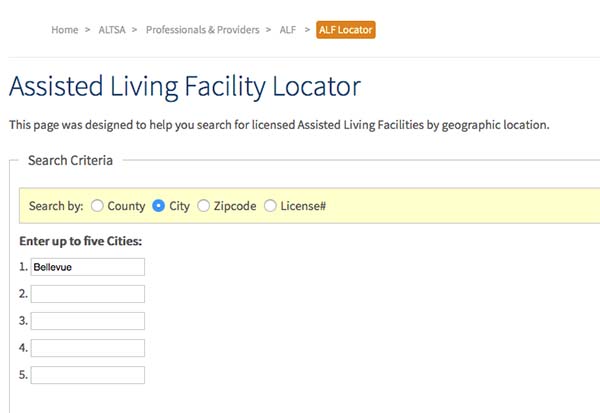Maneuvering the monetary landscape of elderly care options can be a difficult endeavor for families and persons. As people age, their requirements often change, necessitating various types of care and assistance. Understanding the different options available, along with their related expenses, is crucial for making knowledgeable choices. This article will examine the different types of senior care, the monetary implications of each option, and strategies for managing these costs efficiently.
There are multiple types of senior assistance options available, each addressing to different requirements. Home assistance services allow seniors to receive assistance in their personal homes, which can encompass help with everyday tasks such as bathing, cooking, and pharmaceutical management. Supportive living communities provide a more communal living setting, offering assistance with everyday tasks while allowing residents to keep a level of independence. For those with more complex healthcare needs, skilled nursing facilities offer comprehensive care, featuring 24-hour medical oversight. Comprehending these choices is crucial for relatives to decide what type of care best suits their family members.
The costs related with elderly care can vary considerably based on the type of assistance selected. Home care solutions may bill hourly rates, which can accumulate quickly depending on the amount of time needed each seven days. Supportive living communities typically have monthly charges that cover housing, food, and basic care services. Skilled nursing facilities often have elevated expenses due to the comprehensive healthcare assistance provided. It is important for relatives to investigate and compare prices, as well as to take into account any extra fees that may not be included in the starting cost.
Financing senior assistance can be a complex process, but there are several options available to assist handle these expenses. Many useful reference relatives depend on personal savings or revenue from retirement accounts to pay for expenses. Extended care insurance is another choice that can offer financial support for various types of senior care. Additionally, state initiatives such as Medicare may provide assistance for those who qualify based on income and necessity. Comprehending these monetary options can help relatives make more knowledgeable decisions about their assistance options.
Preparing for senior assistance should begin in advance, as this can assist reduce some of the monetary stress down the line. Families are encouraged to have open discussions about assistance preferences and monetary abilities. Creating a budget that details potential costs and accessible resources can also be helpful. By making preemptive measures, relatives can better maneuver through the complicated monetary landscape of senior assistance choices, ensuring that their loved ones receive the care they require while managing costs efficiently.

Comments on “Steering the Complex Monetary Landscape of Elderly Care Options”